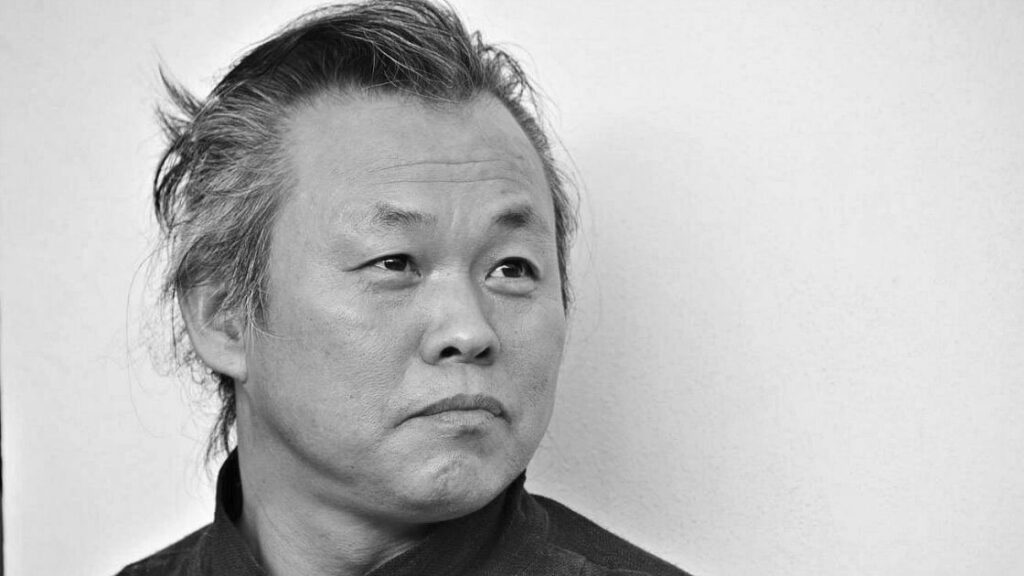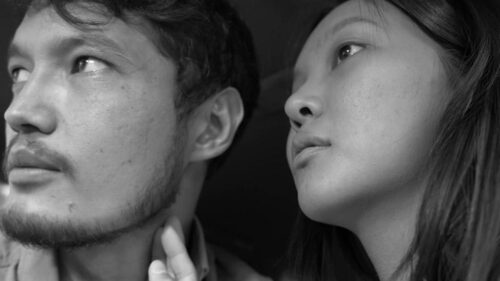
We shall see no more of the great Korean director, a regular at the VFF – COVID took him in late 2020, and we mourn him deeply. If anything, there will e many chances to watch his movies: difficult, cold, saturated in Far Eastern symbolism, not always immediately understandable to the western eye, and yet so stimulating and lively, no matter how much death and desolation there was within.
Kim had quite a few points of contact with another meaningful representative of Asian cinema: Takeshi Kitano. Both painters, the figurative element was present in almost every frame in their movies, which gifted them with impetuosity and the ability to dig deep into the human psyche. Dialogue is often reduced to a minimum. The other common trait between Kim and Kitano is the usage, natural to the point of nonchalance, of violence – both in senseless instances and as essential parts of the plot.
Women and men on screen are disoriented, uncertain, but despite that, they constantly run around, seemingly oblivious to the stagnancy and repetitiveness in their lives. Kim Ki-duk’s films are rich in autobiographical elements and explicit references to suicide, both as a shortcut to end suffering and as the logical conclusion to a vital cycle. All is surrounded by an aura of spirituality we are not sure what to make of.
Emblematic, in this sense, is the fact that Kim reserved a part for himself in film Spring, Summer, Fall, Winter… and Spring as an old Buddhist Monk, leaving us regretting for more performances as an actor, as well.

Gloomy undertones, mankind’s inherent brutality, instinctual actions, and self-destruction: these are some recurrent themes in Kim Ki-duk’s oeuvre. No exception on his posthumous Kõne Taevast – on the contrary, the same themes grow obsessively in the mind of a...
The parable of a fisherman set in kind of tourist resort. The story goes from suicide attempt to love to later go south again, with tranquillity quickly dissipating.
The lives of three youths in a Korean town influenced by the presence of an American military base: war, intra-generational conflicts, and undelivered letters. The film opened the 58th Venice Film Festival.
At a Buddhist monastery, the passing of seasons influences the life of a monk: everything is born, grows, flourishes, and starts over. Each season has its spirit animal.
A young squatter breaks into abandoned houses and lives in them as if they belonged to him. He keeps the houses tidy, fixes appliances, washes clothes, and moves on to the next. In one of these houses, the man finds a woman that will follow him in his lifestyle.
Love as cold as death: the icy representation of how lies, prevarication, duplicitousness affect the lives of the several characters. A very well-deserved Golden Lion.